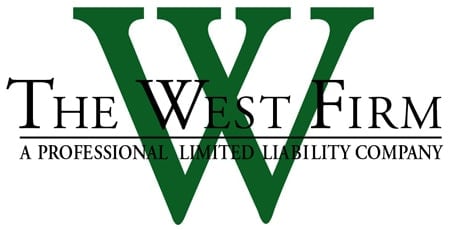The environment and our impact on it are a major issue in today’s world. Therefore, doing proper environmental due diligence is essential in any business transaction.
Along with other due diligence inquiries, it is vital to learn about any potential environmental liability or exposure before going through with the transaction.
Obtaining a “no further action” letter is part of this process. This is a letter signed by a government agency declaring that you have completed all steps necessary to remedy the environmental problem.
A no further action letter is also required if you are running a business and experience some type of environmental hazard, such as a chemical spill or other type of contamination. The letter is confirmation from the appropriate government agency that you have done all the required cleanup.
Why you need a no further action letter
There are many reasons why you need a no further action letter. When the government agency issues the letter, they generally close out an open file they had with you related to the environmental problem.
Once the letter is issued, your file is usually closed. This is important because an open file can make it harder to secure financing if you need it, lower the value of your property or cause a host of other potential problems or obstacles. You may even be unable to complete a sale of your business.
If you are the one purchasing a business, a no further action letter is just as important. You do not want to finalize the purchase of a business without this letter. Doing so could mean you assume environmental liability.
Securing a no further action letter
A no further action letter can sometimes take a long time to obtain, even years, as was recently illustrated in a case involving a parts distribution firm that experienced contamination from fluids leaking into the ground.
Evaluating your environmental risks and minimizing exposure often requires professional guidance. This can help you make smart business decisions.
